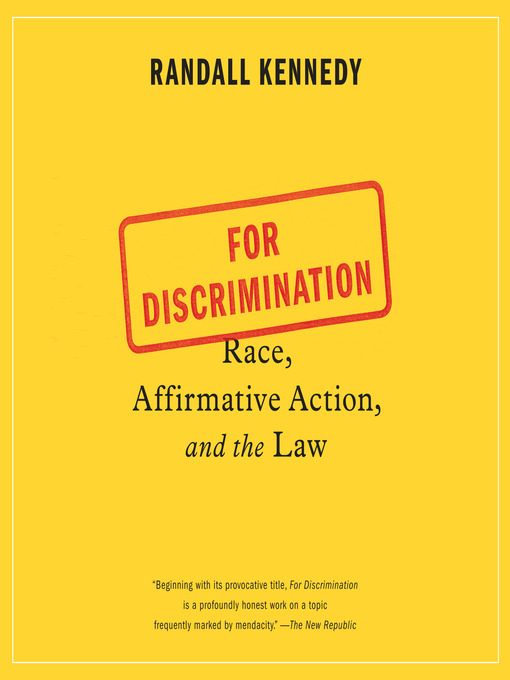- Women's History Month
- Staff Picks!
- Most Popular
- Available now
- Popular NonFiction eBooks
- Teen eBooks
- Hot reads for cold nights
- See all ebooks collections
- Available now
- Teen Audiobooks
- Most Popular
- Stephen King Thrillers
- Popular Non Fiction Audiobooks
- See all audiobooks collections
- Just Added Magazines
- Lifestyle
- Technology
- Fashion
- Home & Garden
- Cooking & Food
- See all magazines collections

